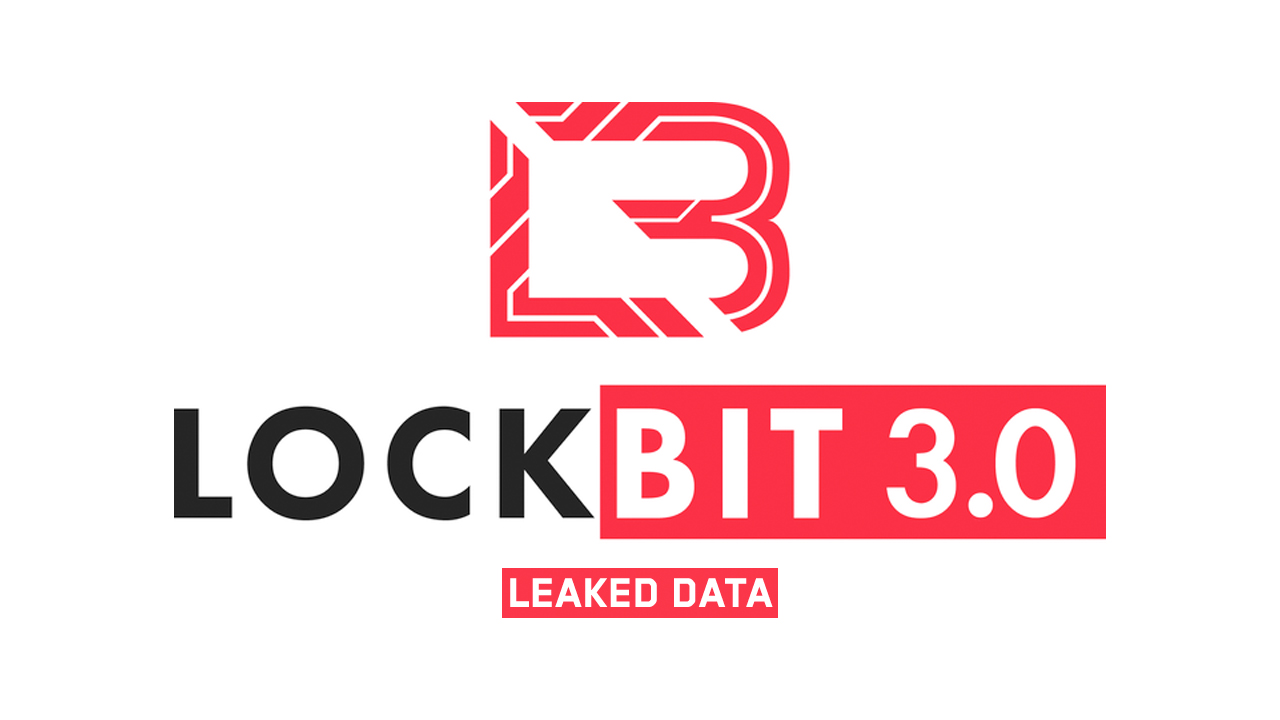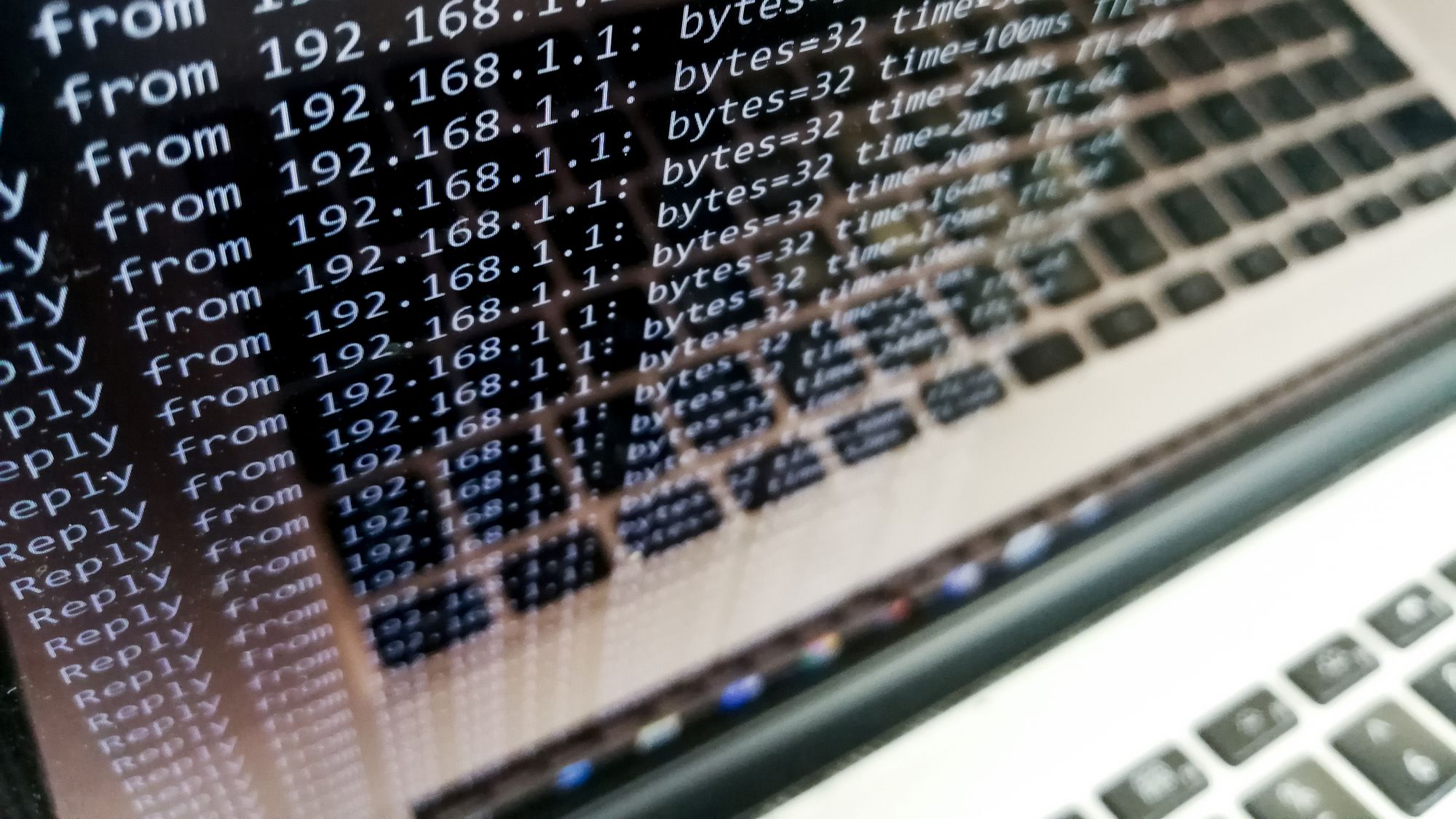Mirai 'Okiru' botnet targets billions of ARC-based IoT devices
Researchers suggest the variant could 'change the landscape of Linux IoT infection'

A new variant of the Mirai malware attacking IoT devices using ARC-based processors has been discovered, considered to be the first of its kind with billions of potential targets.
The malware, known as 'Mirai Okiru', is thought to be a variant of the infamous Mirai botnet that hijacked hundreds of thousands of internet-enabled devices in 2016. Github, Twitter, Reddit, Netflix, Airbnb and others were taken down during the campaign, as well as DNS provider Dyn and services used by institutions such as Rutgers University.
Researchers at white hat security group MalwareMustDie, the same collective that first identified the Mirai malware, believe the variant has been specifically designed to attack devices using Argonaut RISC Core (ARC) embedded processors, shipped in more than 1.5 billion IoT devices each year.
An independent security researcher known as Odisseus on Twitter, who first raised the alarm to the new variant, said that the discovery would "change the landscape of Linux IoT infection".
What's particularly concerning is that it's thought to be the first of its kind to target ARC-embedded products, such as smart devices for use in the car or the home, infecting a range of devices previously considered immune.
It's the latest attempt to create an altered version of the highly disruptive Mirai malware, the source code for which was released publicly online in 2016.
Last month hackers released the code for a separate Mirai variant known as Satori, which was used to exploit a zero-day vulnerability in a Huawei router model, infecting more than 280,000 devices in 12 hours.
Sign up today and you will receive a free copy of our Future Focus 2025 report - the leading guidance on AI, cybersecurity and other IT challenges as per 700+ senior executives
It's not entirely clear how many devices are currently affected by the Okiru strain. Currently, only 20 of 58 leading antivirus suites are able to block the Okiru variant, according to VirusTotal, with tools such as Malwarebytes, Bitdefender, Webroot, and Microsoft's own scanners unable to detect the malware.
Barry Shteiman, director of threat research at Exabeam, said that the discovery should help analysts understand just how quickly IoT devices can be infected.
"There are likely more than 1.5 billion devices out there with ARC processors, enough to overwhelm the largest of networks," said Shteiman. "The best way to illuminate this attack risk is to monitor the behaviour of IoT devices in much the same way as actual human users. If you can't directly protect and manage the devices on your network, you must understand what normal behaviour for the devices looks like; then it's possible to get an early indication of when a device has been highjacked by hackers and is likely being used for malicious means."
Last month, three hackers in their early 20s admitted to being behind the original Mirai malware following an FBI investigation.
Picture: Shutterstock
Dale Walker is a contributor specializing in cybersecurity, data protection, and IT regulations. He was the former managing editor at ITPro, as well as its sibling sites CloudPro and ChannelPro. He spent a number of years reporting for ITPro from numerous domestic and international events, including IBM, Red Hat, Google, and has been a regular reporter for Microsoft's various yearly showcases, including Ignite.
-
 The modern workplace: Standardizing collaboration for the enterprise IT leader
The modern workplace: Standardizing collaboration for the enterprise IT leaderHow Barco ClickShare Hub is redefining the meeting room
-
 Interim CISA chief uploaded sensitive documents to a public version of ChatGPT
Interim CISA chief uploaded sensitive documents to a public version of ChatGPTNews The incident at CISA raises yet more concerns about the rise of ‘shadow AI’ and data protection risks
-
 UK crime fighters wrangle “several thousand” potential cyber criminals in DDoS-for-hire honeypot
UK crime fighters wrangle “several thousand” potential cyber criminals in DDoS-for-hire honeypotNews The sting follows a recent crackdown on DDoS-for-hire services globally
-
 US begins seizure of 48 DDoS-for-hire services following global investigation
US begins seizure of 48 DDoS-for-hire services following global investigationNews Six people have been arrested who allegedly oversaw computer attacks launched using booters
-
 Will triple extortion ransomware truly take off?
Will triple extortion ransomware truly take off?In-depth Operators are now launching attacks with three extortion layers, but there are limitations to this model
-
 GoDaddy web hosting review
GoDaddy web hosting reviewReviews GoDaddy web hosting is backed by competitive prices and a beginner-friendly dashboard, and while popular, beware of hidden prices
-
 Japan investigates potential Russian Killnet cyber attacks
Japan investigates potential Russian Killnet cyber attacksNews The hacker group has said it’s revolting against the country’s militarism and that it’s “kicking the samurai”
-
 LockBit hacking group to be 'more aggressive' after falling victim to large-scale DDoS attack
LockBit hacking group to be 'more aggressive' after falling victim to large-scale DDoS attackNews The ransomware group is currently embroiled in a battle after it leaked data belonging to cyber security company Entrust
-
 Record for the largest ever HTTPS DDoS attack smashed once again
Record for the largest ever HTTPS DDoS attack smashed once againNews The DDoS attack lasted 69 minutes and surpassed the previous record of 26 million RPS
-
 Cloudflare mitigates biggest ever HTTPS DDoS attack
Cloudflare mitigates biggest ever HTTPS DDoS attackNews A botnet generated over 212 million HTTPS requests from over 1,500 networks in 121 countries